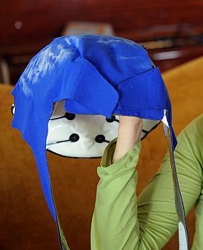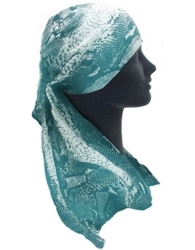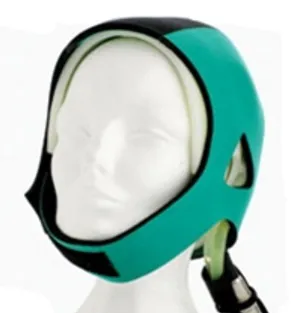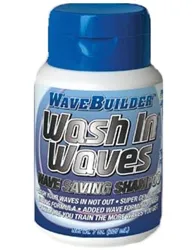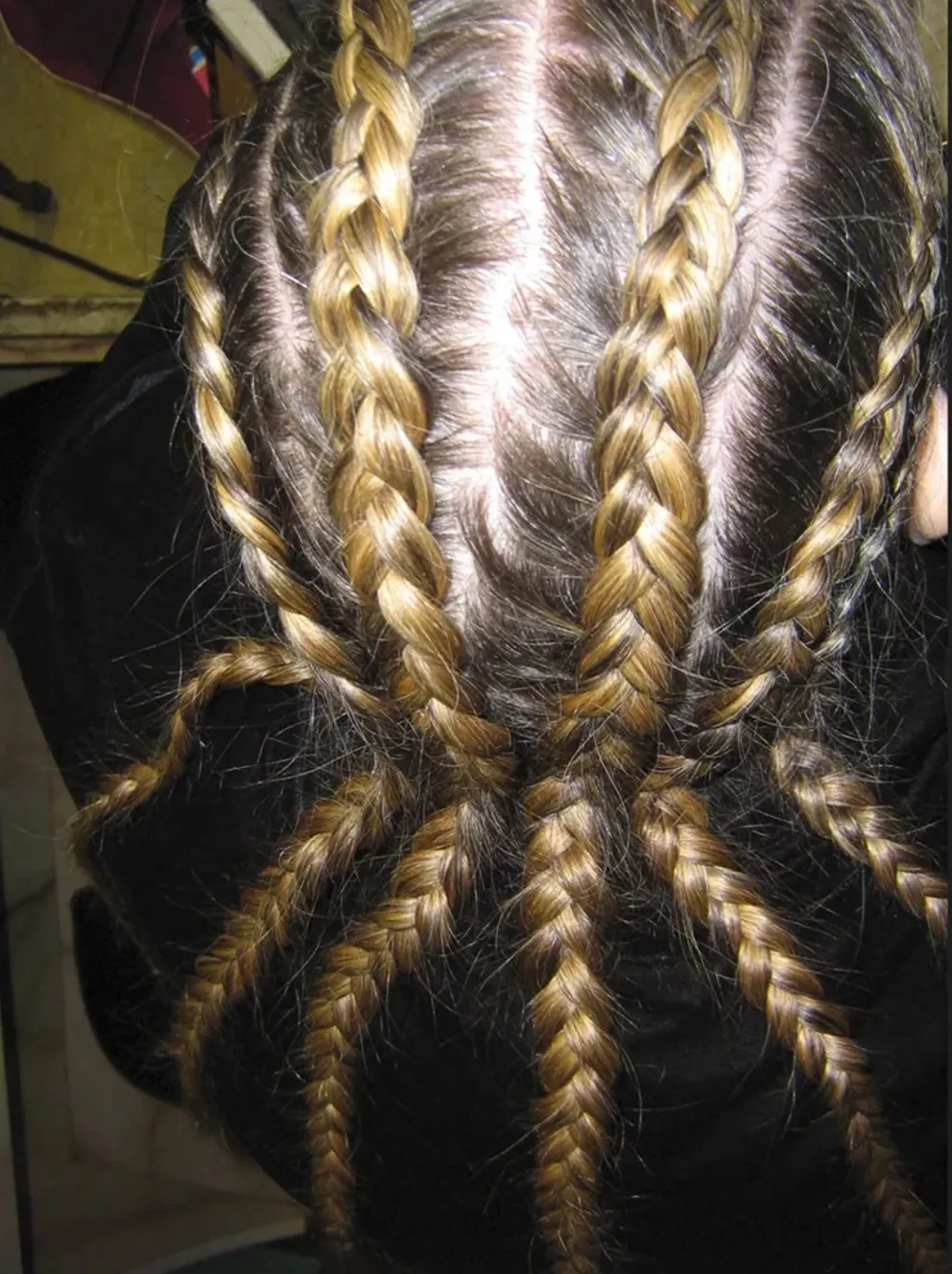
Penguin Cold Caps May Save Hair During Chemo
Introduction - Penguin Cold Caps May Save Hair During Chemo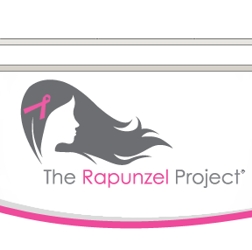 The Rapunzel Project was initially created by two Twin Cities women, both cancer patients, to promote awareness about the gel-filled Penguin Cold Caps which may save hair during chemo.
The Rapunzel Project was initially created by two Twin Cities women, both cancer patients, to promote awareness about the gel-filled Penguin Cold Caps which may save hair during chemo.
Hair loss, especially among breast cancer patients, is an extremely painful and emotional issue.
Chemo patients utilizing the Penguin Cold Caps don a gel-filled cap that freezes the scalp. The gel is replaced every 30 minutes.
The theory is that the gel caps, which are frozen in a special freezer at 22 degrees below zero, prevent the chemo drugs from killing the cells in her hair follicles.
Do the Penguin Cold Caps really help prevent hair loss during chemo?
Doctors aren't sure. While they understand the emotional issues, especially for breast cancer patients who lose their hair during chemo, they don't want to give false hope. They don't want to recommend costly therapies like the Penguin Cold Caps which may or may not work.
Dr. Tom Flynn, an oncologist and president of Minnesota Oncology told the media about the Cold Caps "it's difficult, in the sense that there is no good scientific evidence one way or the other. "
He said "all we can do is advise them on what is known and not known, and they have to make their own choice."
Even if the caps don't work for everyone, it empowers some cancer patient who feel that at least they have a sense of control about their treatments.
In the past, chemo meant your were going to lose your hair. Patients had no options. The Cold Caps give patients a fighting change.
Shirley Billigmeier, 60, one of the founders of the Rapunzel Project agrees "cancer patients have a right to know they have an option."
Billigmeier, credits the use of the cap with saving her own head of long, dark blond hair when she had chemo for breast cancer. She thinks clinically proven or not, patients should know about the Penguin Cold Caps.
One issue with Penguin Cold Caps is that they require special freezers for hospitals and oncology clinics in order to keep the caps at the proper temperatures.
Billigmeier and her friend Nancy Marshall, 59, are raising money to buy the $7,000 freezers as well as to spread the word among patients. So far, they've raised enough to buy two freezers, one at Abbott and the other at the Minnesota Oncology clinic in St. Paul.
History Of Penguin Cold Caps
Penguin Cold Caps have been used for about 15 years, primarily in Europe. The maker is Medical Specialties of California, which, despite its name, is a small British company.
Frank Fronda, the inventor and company founder, was in the Twin Cities last week to meet with doctors at the invitation of the Rapunzel Project.
Fronda came up with the idea for Penguin Cold Caps about 20 years ago, when he first heard scalp freezing could stop hair loss in child patients.
It's been reported that the caps are used at many countries around the world including France and the UK. He said approximately 200 patients have used the caps in the United States.
Clinical Trials
Fronda said the caps work 90 percent of the time, but he's hoping that researchers in the United States will conduct a clinical trial to prove the claim and provide the data he needs for federal approval. Without it, he agreed, American doctors are unlikely to recommend them.
The few small studies that have been done on scalp cooling show it can work, but not for all types of cancer or all types of chemotherapy.
Dr. Jeff Margolis, an oncologist at Beaumont Hospital in Royal Oak, Mich., said his clinic has offered it to patients for about eight years. He didn't believe it when he first heard about it from a patient, he said, but depending on the type of chemo, "it does work."
Fronda's company rents the caps for about $30 a month each. But that can add up to at least $1,200 over time because patients need a dozen or more.
Tell Tale Badge Of Cancer
Baldness, especially for women, is the tell-tale badge of cancer, experts say. "It's a very public manifestation of cancer," said Karen Young, director of marketing for breastcancer.org, a website for cancer patients.
Using the caps during chemo generally requires two helpers. While the chemo drugs drip through a patient's body, every 30 minutes the bright blue Cold Caps are changed out. The caps are so cold, gloves are required by helpers applying them. The caps are wrapped around the head like a turban.
Users of the Cold Caps say they may cause an ice cream headache. The users also have to stay wrapped in heated blankets to counter the freezing head temperatures.
Social Media Network Information
Please follow us on Twitter at: https://Twitter.com/HairBoutique. I look forward to meeting new people from all walks of Twitter and learning from their Tweets.


